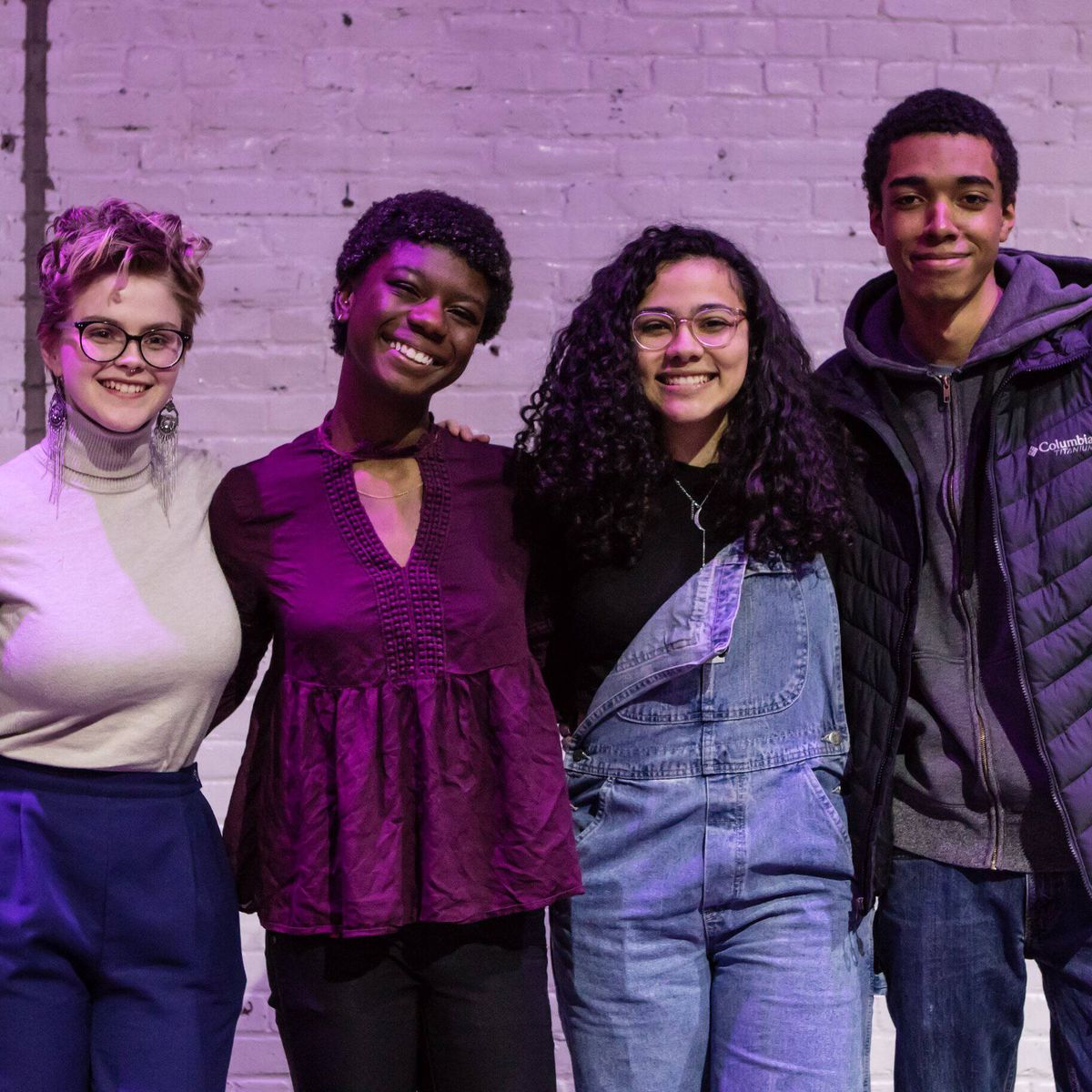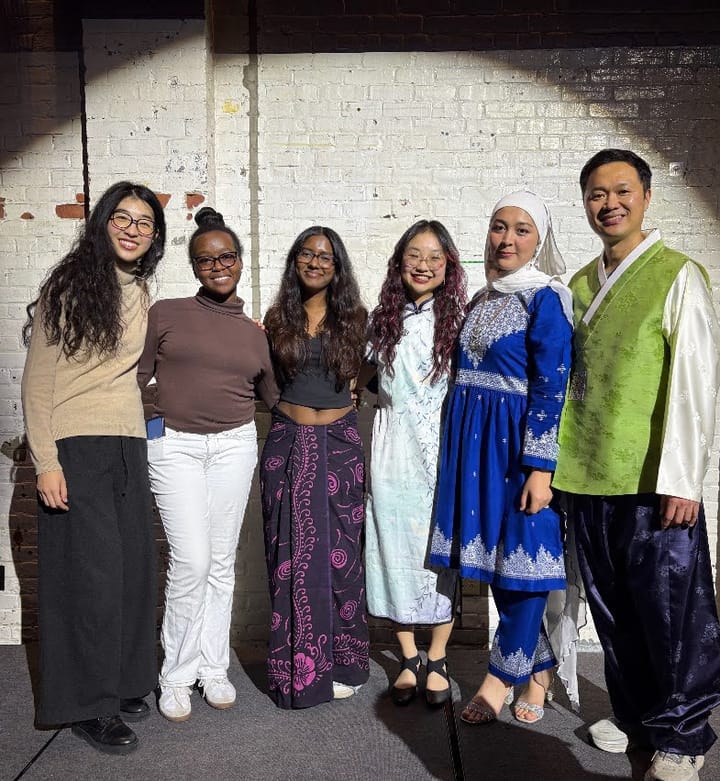Students Perform in Fourth Annual Spoken Word Slam

LitFest kicked off with an invigorating start on Wednesday, Feb. 27 with its fourth annual Slam Poetry Competition. Hosted in the Powerhouse, the event offered hors d’oeuvres, champagne and sparkling apple cider to students as they watched their talented peers amaze the crowd with their words.
The competition began with an introduction from Daniel Gallant, the executive director of Nuyorican Poets Cafe in New York City. Seven students from Amherst College competed in pursuit of the various prizes offered.
Gallant announced the awards: the third-place winner would have the opportunity to write or study in Emily Dickinson’s home, the second-place winner would receive an iPad and the first-place winner would perform at Nuyorican.
Gallant went on to explain the rules of the competition, while still emphasizing that “poetry slams are all about free speech and free expression.”
The night began with each judge performing a poem given to them, not knowing any information about the background of the poem. After each one was read, they received a score from other judges on a scale from one to 10 based on the quality of the reading. Each judge was asked to guess what their poem was about and where it was from.
Greg Wardlaw, one of the judges and manager of dining services and catering, read his poem only to find out it was made from “bookmashing,” which Gallant explained is “the act of creating poems from the titles of stacked books.”
Another judge, Chief Communications Officer Sandy Genelius ,found out her poem was the result of Google Poetics, a website that creates poems based on Google searches, while Hikaru Kozuma, chief student affairs officer, read a poem that described an “ideal pug” from the American Kennel Society website.
The slam finally began following the judges’ poems. The contestants’ poems covered a wide variety of topics, all fuelled by the power of spoken word to get their message across to the audience.
Caleb Williams ’20 kicked off the night with a spoken word poem appreciating the berry bushes outside of Valentine Dining Hall. Following Williams, Kalidas Shanti ’22 played with his voice and tone in order to powerfully connect with the audience, while Cas Meade ’22 evoked vivid and striking imagery to express the pain of a toxic relationship.
Tanya Calvin ’20 employed repetition in order to convey her deeply personal experiences in an interracial relationship and Aniah Washington ’22 used metaphor to contrast her humble roots with the privilege she has experienced at Amherst.
Eliza Brewer ’22 impressively memorized her poem about her family relationships, while DJ Boakye ’21 — returning as last year’s winner — spoke about her experience as a black woman in a society that mistreats the black body.
During the intermission, a haiku challenge was offered up to the contestants, with an Amazon gift card as a prize for the lucky winner. Gallant explained that this challenge would typically be used for a tie break in a slam but would instead be used as a quick challenge for the contestants to brainstorm during intermission.
Switching up the pace from the previous spoken word poems, the contestants had limited time to create a haiku, in which the topics ranged from climate change to social media. Meade won this challenge, skillfully crafting a poem about climate change.
After a competitive first round, the second round of the slam offered up an even more exciting array of poems from the contestants. As each contestant amazed the judges and brought up even higher scores than those in the first round, the audience grew increasingly unsure of who the final winner would be.
However, in the end, four of the contestants prevailed. In third place was Shanti. In an unusual circumstance, second place was a tie between Washington and Boakye. Finally, in first place was Brewer, who would travel to New York City to perform at the Nuyorican. All of these prizes will allow students to further their poetry skills and careers. Gallant said, “the poetry slam is not just about the creativity that comes into the room, but also taking that creativity and using it for further pursuits.”




Comments ()